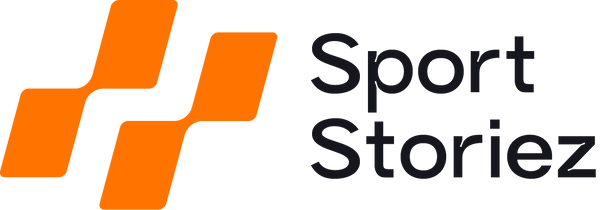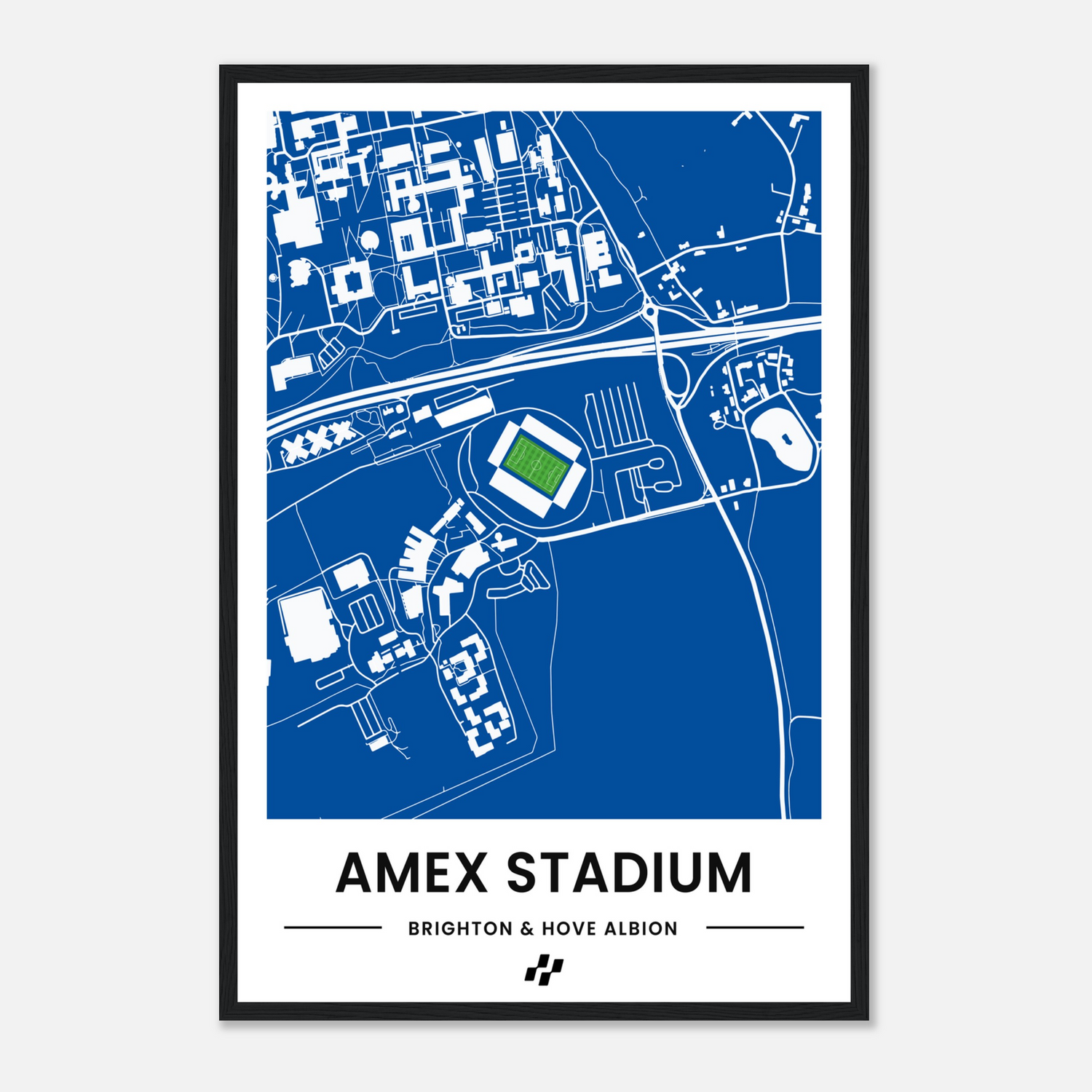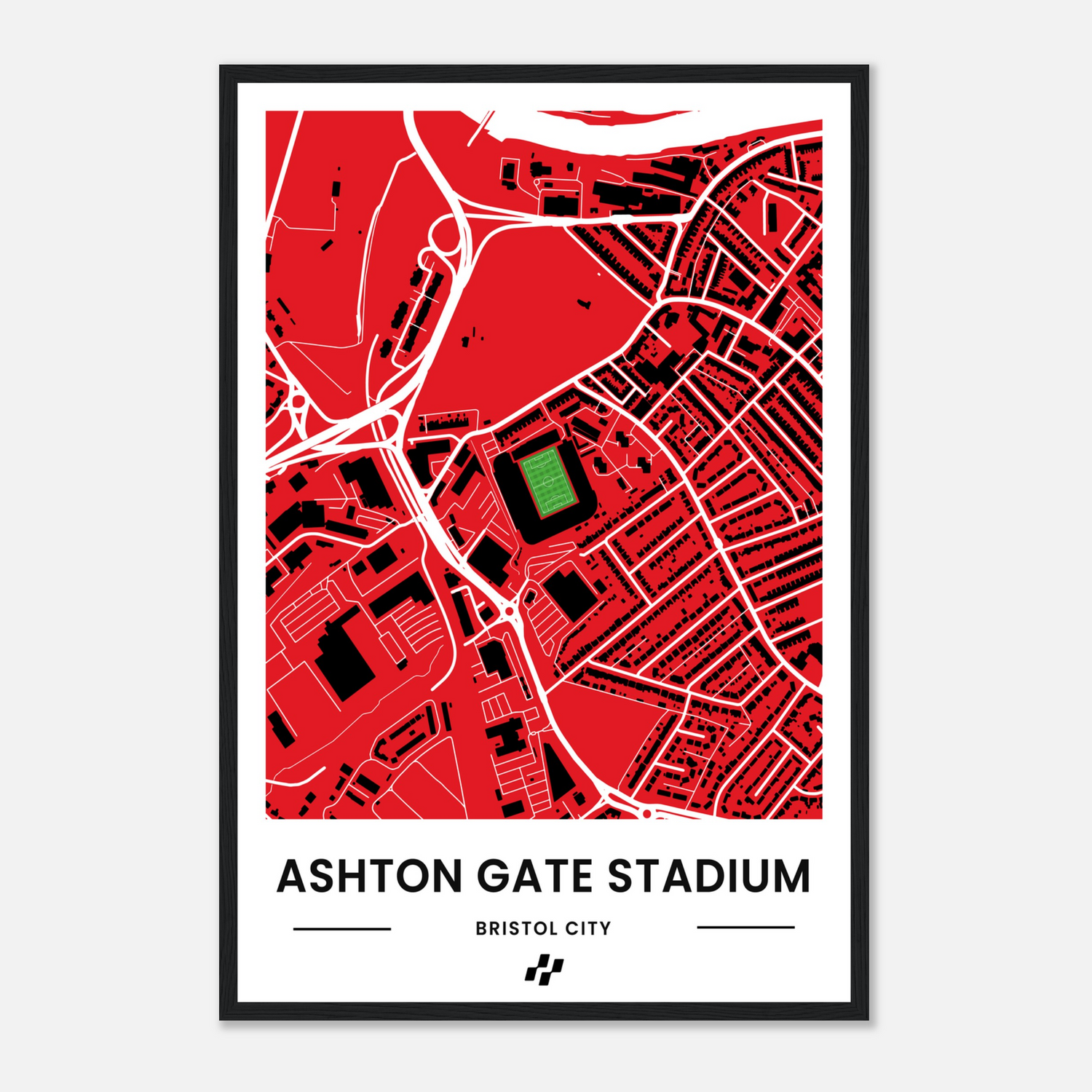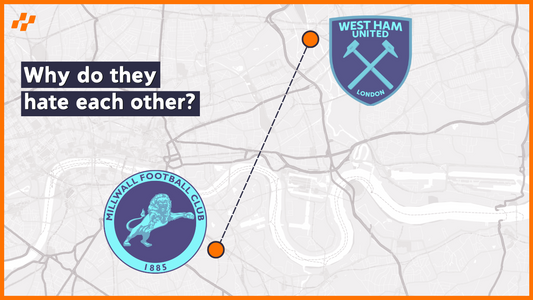
What Happened to Schalke?
Share
Schalke are widely regarded as one of the great sides of the German game alongside the likes of Borussia Dortmund and Bayern Munich.
With a remarkable 30-year stint in the Bundesliga from 1991 to 2021, Schalke had once claimed the 14th spot on Forbes' list of the world's richest football clubs in 2019, boasting a value of £604.5 million. Fast forward to last year, and the club had plummeted out of the top 20 in global revenue and value rankings, are in a financial crises and have faced relegation.
In this episode of 'How Not To Run A Football Club,' we unravel the story of Schalke's downfall, a combination of poor recruitment, strategic instability, and the club's financial struggles in the wake of the Covid-19 pandemic— which created a perfect storm for this once high-flying Bundesliga side.
Watch the full video on our YouTube channel
The Triumphant Years
In the midst of Bayern Munich's long-standing monopoly of German football, which has seen them win the Bundesliga for 11 consecutive seasons, it is Schalke - who regard themselves as the 'best of the rest' alongside rivals Borussia Dortmund - that have regularly come close to challenging the Bavarian giants.
The turn of the millennium marked a significant upswing for Schalke's performance. In the 1990s and early 2000s, the club underwent a transformative journey, evolving into a modern, commercially successful sports organization and establishing itself as a force in the Bundesliga. Notably, Schalke won back-to-back DFB-Pokal victories in the 2000–01 and 2001–02 seasons.
Schalke broke ground in the 2007-08 season by making it past the Champions League group stage for the first time. Their journey included a quarter-final appearance, where they defeated Porto on penalties in the round of 16, only to be eliminated by Barcelona in the quarter-finals, with 0-1 losses in both home and away matches.
A pivotal moment in the club's financial landscape occurred on October 9, 2006, when Russian oil company Gazprom became Schalke's new sponsor. Gazprom expressed its commitment to invest a substantial sum, up to €125 million, in the club over a five-and-a-half-year period.
Notably, between 2011 and 2018, Schalke consistently maintained a strong Bundesliga presence, finishing in the top tier with placements of 3rd, 4th, 3rd, 6th, 5th, 10th, and a notable 2nd place finish.
Financial Trouble
On February 21, 2016, Schalke announced that Christian Heidel would take over as their new sporting director. He’s Widely known for developing managers such as Jurgen Klopp and Thomas Tuchel at Mainz and helping the club to punch above its weight.
Big plans were in place to build Schalke - who are known as one of Germany's biggest talent-production factories with big-money sales of players such as Julian Draxler, Manuel Neuer, Leroy Sane and Kehrer raising around £150m over the years - further on from their progress both domestically and in European competitions.
Under Heidel, Schalke spent huge sums of money on players such as Breel Embolo (£23.5m) Nabil Bentaleb (£17m) and Sebastian Rudy (£14.1m), but all three failed to have much of an impact, while Goretzka also left on a free transfer to join Bayern in 2018.
The club also committed to heavy investment in infrastructure with a reported £88.5m upgrade on their training ground.
A ruthless approach to managers and staff members accompanied this, with Heidel sacked in 2019 when results started to slip. by the time Heidel left, the damage was already done.
Schalke have gone through 10 permanent or caretaker managers over the past three years, which has only added to the instability at the club.
By 2019, they had racked up around £177m worth of debts, meaning heading into the 2019-20 campaign the club was reliant on success on the pitch to bring money in. The final nail in the coffin was the COVID-19 outbreak which ravaged football's finances. The debts were already there and began to spiral out of control. With the club's financial situation deteriorating due to a high level of debt and a decrease in revenue due to restrictions imposed to combat the COVID-19 pandemic, the club decided to implement a player salary cap of €2.5 million per year.
When fans began to request refunds to their season tickets, they were told that money would only be paid out to supporters who could physically prove they needed the money.
In the second half of the 2019–20 season, Schalke set a new club record of 16 league games without a win between 25 January and 27 June 2020. Despite this losing streak, Wagner remained as manager, with Clemens Tönnies stepping down from his role as the chairman of Schalke's supervisory board after 19 years in service.
By the end of 2020 things were looking dire on and off the pitch and in April 2020 the club said it was threatened by bankruptcy.. Schalke had to win at all costs, but they didn't have any money to improve the squad. The only 'upgrades' came in the form of free transfers like Shkodran Mustafi and loan deals for players like Sead Kolasinac.
Schalke started with significant difficulties into the 2020–21 season. The Royal Blues were thrashed 8-0 in their opening game of the campaign by Bayern and Wagner was sacked after three damaging losses saw a total of 15 goals conceded and just one scored.
Several more key players had to be moved on due to cost-cutting and Schalke were left with an unbalanced and unstable squad.
Wagner after a winless streak of 18 games, was followed by Manuel Baum, who was unable to win a single Bundesliga game between the 3rd and 12th match days, and was dismissed ahead of the 13th match day against Arminia Bielefeld. Christian Gross then replaced him, who averaged 0.45 points per game and was the least successful head coach at Schalke since Karl-Heinz Marotzke in 1967. And was eventually sacked , before Dimitrios Grammozis saw out the 2020/21 season.
Relegation to the 2. Bundesliga was confirmed on 20 April 2021, which led to riots by Schalke supporters.
Promotion and Relegation
While they bounced back in 2021-22, winning the Bundesliga 2 after a superb late run of form following the sacking of Grammozis in March last year, things got even worse off the pitch with the Russian invasion of Ukraine in February.
The club cut its ties with its main sponsor, the previously mentioned Russian energy giant Gazprom - ending a deal worth a reported £13.3m per season, which plunged their finances into dire straits.
Despite a hugely successful season, the club were unable to retain key players like Ko Itakura - who starred for Japan at the World Cup - for this campaign, leading to another miserable year in the top flight.
This has not been helped by a further lack of stability, with Frank Kramer - who only arrived as boss in the summer - sacked after just 10 matches, while sporting director Rouven Schroder also left the club soon after. Schalke struggled to be competitive at the beginning of the 2022–23 season. Following a series of humiliating losses, including a 1–5 against Hoffenheim, Kramer was relieved of his duties on 19 October 2022. On the final matchday of the 2022–23 season, Schalke were relegated back to the second division after a 4–2 loss against RB Leipzig, in which they finished 17th in the league table.
FC Schalke 04 urgently needs to reposition itself and reassess its strategy. Fans expect a return to Bundesliga glory and for the team to live up to the name and tradition of the club.





